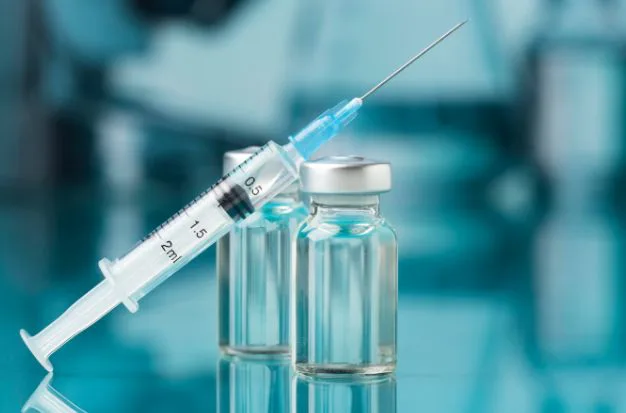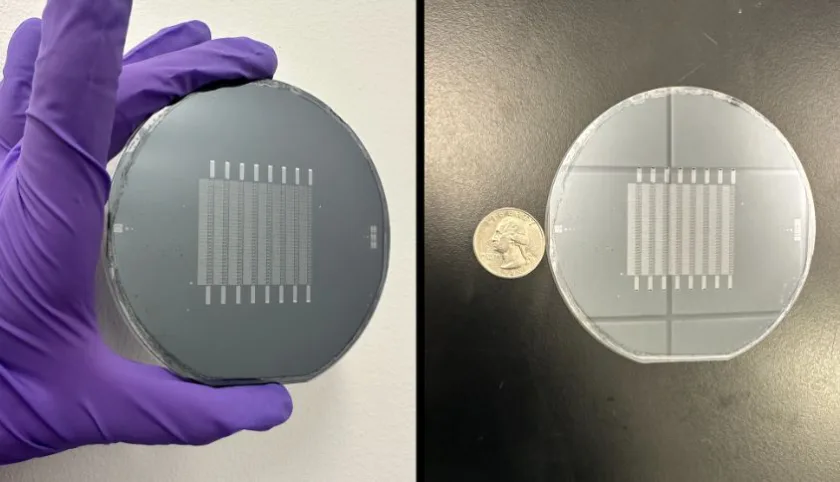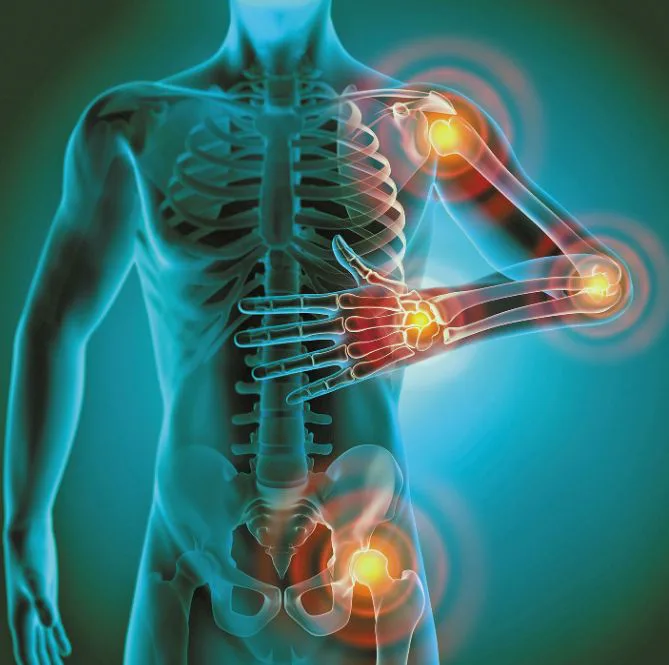
The mRNA vaccines were made within no time during the second year of the COVID-19 pandemic. Thus, highlighting the importance of tiny fat particles or the lipid nanoparticles (LNPs) in medicine.
LNPs are like special cars for delicate RNA treatments and vaccines. They not only shield the RNA (from degradation), but they also make sure it gets to its targeted location.
The Silicon Scalable Lipid Nanoparticle Generation Platform
Even though LNPs are crucial, yet manufacturing them in bulk had problems during the pandemic. To solve this problem, researchers at University of Pennsylvania have come up with a solution. They call it the Silicon Scalable Lipid Nanoparticle Generation platform (SCALAR).
The innovation is based on reusable silicon and glass material. The raw materials will be used to make LNPs for RNA treatments and vaccines.
As per Michael Mitchell, a co-author and bioengineering professor at Penn, the tech will connect the small-scale research phase to large-scale production for RNA lipid nanoparticle vaccines and treatments.
The revolutionary platform will skip the slow and expensive steps. And replace it with faster and more efficient to develop new RNA medicines and vaccines.
Limitations of RNA-based Treatments
RNA-based treatments are not that simple. Some of the major challenges are:
Instability of single-stranded RNAs: Since RNA molecules are inherently unstable and so they can be easily degraded by cellular enzymes.
Delivery to the diseased cell: RNA therapies must target specifically to the intended genes or proteins. Off-target effects can lead to unintended consequences.
Immunogenicity: At times, the RNA molecules trigger unexpected and unwanted immune responses. This is one of the biggest concerns in mRNA vaccine development.
Long-term effects: Understanding the long-term effects of RNA-based therapies is an ongoing process. There is not enough conclusive evidence which is sufficient to capture all potential long-term effects.
Although, RNA-based treatments hold great promise they are indeed complex and require extensive research.
With the current study, researchers are hopeful that the new LNPs would do their job of protecting the RNAs strands injected in the human microbiome.
SCALAR wants to do even more by making LNPs way faster, a thousand times faster, and more consistent.
Sarah Shepherd, the first author of the paper said that SCALAR would not only solve today’s problems but it will also be looked up to for future possibilities. Additionally, she added that the technology is flexible, and so it can be used in different ways.
“This technology is flexible, uses mixing architectures well-documented in microfluidics, and is scalable enough to meet future demands in real time.”

Takeaway
The microfluidic technology described in the study holds promise for scalable manufacturing of mRNA-LNP vaccines. As mentioned by the researchers, the tech has the potential to be widely used in creating various nanoparticle formulations.
Although, we are still not sure how far would we be able to tackle the LNP-based RNA therapies and vaccines for addressing emerging pathogens and sudden outbreaks.
Via: Penn Today



